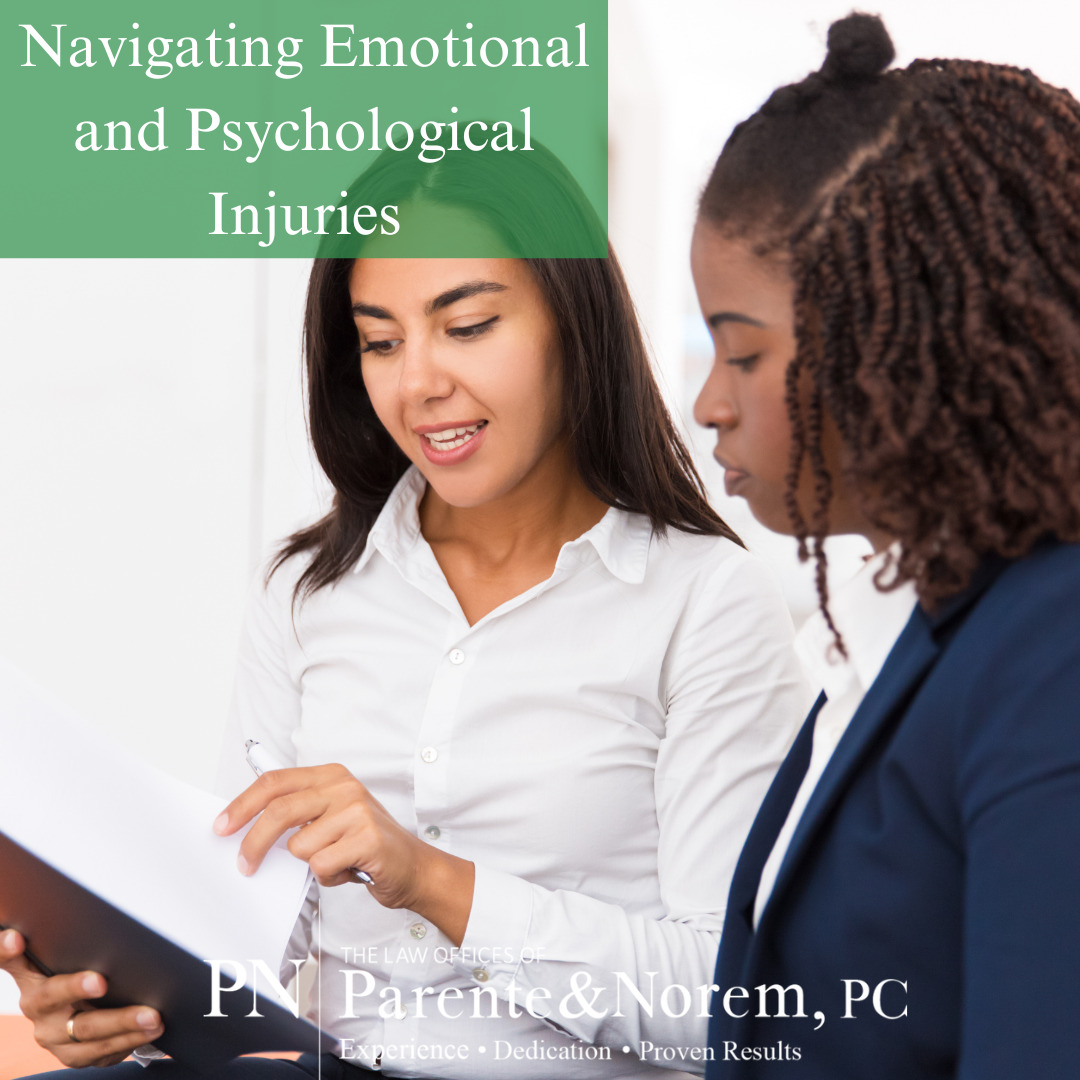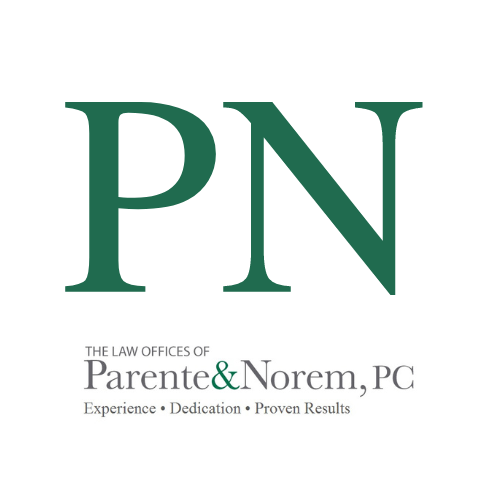
P&N BLOG | Navigating Emotional and Psychological Injuries
When people think of personal injury, physical damage often comes to mind—broken bones, bruises, or surgeries. However, what many don’t realize is that injuries can cut deeper than the physical. Emotional and psychological trauma are often silent but just as impactful. As a personal injury firm, we’re committed to helping our clients recover from all aspects of an injury, not just the visible ones.
Understanding Emotional and Psychological Trauma in Personal Injury Cases
Emotional and psychological injuries refer to the mental and emotional suffering that may follow a traumatic incident. These injuries can stem from any event that disrupts a person’s life, such as a car accident, workplace injury, medical malpractice, or other traumatic situations.
These hidden injuries can manifest in various ways, including:
Anxiety or panic attacks – A once-simple drive to work may now trigger overwhelming fear.
Depression – Feelings of hopelessness and sadness can take over, especially when facing the uncertainty of recovery or the loss of a loved one due to negligence.
Post-Traumatic Stress Disorder (PTSD) – A person may experience flashbacks, nightmares, or heightened anxiety following a traumatic event.
Sleep disturbances – Insomnia or disrupted sleep patterns are common after a traumatic incident.
Emotional instability – Anger, irritability, or emotional outbursts may occur more frequently.
It’s important to note that while a lot of feelings can emerge when you’ve been injured by another’s negligence, hurt feelings or ‘feeling disrespected’ do not qualify as emotional or psychological trauma.
Why Emotional and Psychological Injuries Matter
These hidden injuries can be just as debilitating as physical ones. Imagine trying to heal a broken leg while simultaneously dealing with crippling anxiety about driving or chronic depression. Emotional and psychological trauma can delay or complicate physical recovery, impact relationships, and even make it difficult for a person to return to work.
Ignoring these injuries can leave long-term scars. That’s why it’s essential to address them early and comprehensively. When left untreated, emotional trauma can evolve into chronic conditions that require long-term therapy or medication.
Recognizing Signs of Emotional and Psychological Trauma
As a personal injury client, it’s crucial to recognize the signs of emotional and psychological distress so you can seek the right kind of help. Here are some signs to watch for:
Changes in mood – Persistent feelings of sadness, irritability, or anger that don’t seem to pass.
Withdrawal – A desire to isolate from friends, family, or activities you once enjoyed.
Trouble focusing – Difficulty concentrating on tasks, work, or even conversations.
Hypervigilance – Constantly feeling on edge or overly aware of potential threats.
Physical symptoms – Headaches, stomach issues, and fatigue can often be related to emotional stress.
If you or someone you know is experiencing any of these symptoms following an injury, it’s important to seek help.
Injury recovery is about more than just mending broken bones or healing cuts—it’s about piecing back together your life and sense of well-being. Emotional and psychological injuries can be hidden and hard to talk about, but they are an essential part of your healing process. At The Law Offices of Parente & Norem, P.C., we’re committed to supporting you through the entirety of your recovery, ensuring that all aspects of your injury—physical, emotional, and psychological—are addressed.
If you or someone you love has been injured due to another’s negligence, call/text The Law Offices of Parente & Norem, P.C. at 312.641.5926 today for a free case evaluation.
Latest Posts
P&N BLOG | When a Minor is Involved in a Personal Injury Claim
When a child is injured because of someone else’s negligence, the path to justice is more complex than it is for adult victims. Special legal...
P&N BLOG | What Is Negligence, and How Does It Affect Your Personal Injury Case?
When it comes to personal injury law, negligence is one of the most important concepts to understand. In fact, it’s the foundation of most...
P&N BLOG | What Compensation Can You Seek in a Personal Injury Claim?
If you’ve been injured due to someone else’s negligence or wrongful actions, understanding your rights and the compensation available is essential....
